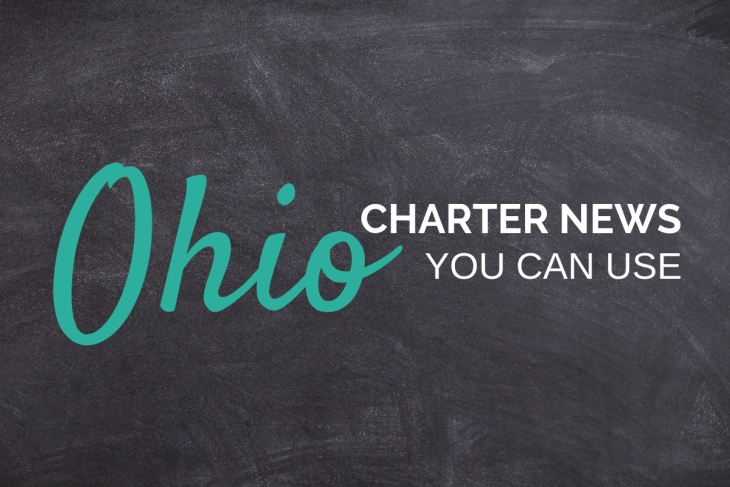Cheers
- High quality career and technical education programs are essential for the green workforce of tomorrow. —New Yorker
- In a new interview, Bill Gates praises charter schools as “laboratories of learning.” —The 74
Jeers
- “Schools are ditching homework [and] deadlines in favor of ‘equitable grading.’” —Wall Street Journal
- A new survey shows that 70 percent of teachers, principals, and district leaders feel their students are misbehaving more now compared to the fall of 2019. —Education Week
- The Mississippi Charter Schools Act was passed ten years, but the “glacially slow” pace of openings means there are just eight charters operating in the state. —Magnolia Tribune









